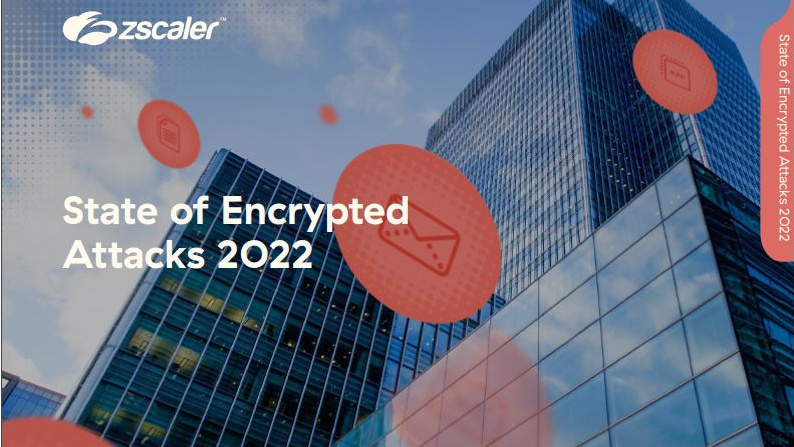Continental standardises encryption
Latest phase of project to strengthen tyre giant's data security infrastructure rolls out to 6,000 laptops.


Automotive industry supplier Continental, best known for making tyres, is standardising and centralising its use of encryption technology to secure its corporate laptops.
The tyre manufacturer is rolling the technology out to its 6,000-strong mobile workforce who need to manage potentially sensitive and confidential data on the move as the latest phase in a programme to strengthen its security measures.
"An encryption solution that handles individual files or containers isn't suitable for securing a laptop hard disk because it doesn't protect temporary and swap files," said Thomas Ullrich, Continental chief security officer and head of the company's internet and intranet security competence centre.
"Plus, such solutions require users to store sensitive files in protected areas. If you want to protect data on a laptop, you can either encrypt individual files, parts of the hard disk using a 'container' approach, or the entire hard disk."
Continental has chosen to deploy PGP Whole Disk Encryption, which provides non-stop disk encryption, including boot sectors, system and swap files and integration with Microsoft Active Directory to automate user enrolment and manage encryption policy.
It will also install PGP Universal Server for centralised web-based administration of applications, users, policies, provisioning, logging and reporting enabled by the email and data encryption software provider's Encryption Platform.
"Best of all, we didn't have to touch every laptop - it's centrally deployed and managed," said Ullrich, adding that the remote management capability, ease of administration and transparency to users would benefit the company's data security and reputation.
Sign up today and you will receive a free copy of our Future Focus 2025 report - the leading guidance on AI, cybersecurity and other IT challenges as per 700+ senior executives
"A security breach could have a tremendously negative effect on our relationships with our customers and brand," he said.
A 25-year veteran enterprise technology expert, Miya Knights applies her deep understanding of technology gained through her journalism career to both her role as a consultant and as director at Retail Technology Magazine, which she helped shape over the past 17 years. Miya was educated at Oxford University, earning a master’s degree in English.
Her role as a journalist has seen her write for many of the leading technology publishers in the UK such as ITPro, TechWeekEurope, CIO UK, Computer Weekly, and also a number of national newspapers including The Times, Independent, and Financial Times.
-
 What the fragmentation of UC means for the channel
What the fragmentation of UC means for the channelIndustry Insights If communications are becoming fragmented, what does that mean for MSPs and VARs?
-
 How SMBs can DIY their IT implementation and support
How SMBs can DIY their IT implementation and supportFeature For some small and medium-sized businesses, the third-party expertise and support might be out of reach. What’s the alternative?
-
 ThreatLabz Report: The state of encrypted attacks
ThreatLabz Report: The state of encrypted attacksWhitepaper What's hiding in your web traffic?
-
 How to encrypt files and folders in Windows 10
How to encrypt files and folders in Windows 10Tutorials Here’s how to make your sensitive data unreadable to prying eyes
-
 The government needs to abandon its war on WhatsApp
The government needs to abandon its war on WhatsAppOpinion Encryption might seem like an easy target, but mess with it at your peril
-
 Watch: Now this is how you securely erase data
Watch: Now this is how you securely erase dataIn-depth Delete your data properly - by smashing your laptop to pieces
-
 Alan Turing's computer-generated music gets restored after 65 years
Alan Turing's computer-generated music gets restored after 65 yearsNews Decades later, you can now hear the true sound of Turing's computer
-
 Two laptops are lost on the tube every day, says TfL
Two laptops are lost on the tube every day, says TfLNews Number of lost devices has shot up by almost 80 per cent since 2010
-
 Social networks should report suspicious users, says spy boss
Social networks should report suspicious users, says spy bossNews MI5 director general calls for updated surveillance powers
-
 Symantec finds Breaking Bad-themed ransomware
Symantec finds Breaking Bad-themed ransomwareNews Better call Saul, because these hackers may have encrypted your data
